43.05 zł
Zamówienie wyślemy do 00 00 00
| Autor | |
|---|---|
| ISBN | |
| Rok wydania | |
| Liczba stron | |
| Format | |
| Cena katalogowa |
Contents
1. The Post-Cold War Presidential Rhetoric of Foreign Policy Crisis
1.1. Conceptualizing Foreign Policy Crisis
1.2. Defining Foreign Policy Crisis Rhetorically
1.3. Defining Foreign Policy Crisis Rhetoric
1.4. Method of Study
1.5. Material for and Structure of the Book
2. Context of the Study
2.1. Rhetorical Studies in the Communication Field
2.2. Presidential Rhetoric Studies in the Political Communication Field
2.3. Rhetorical Studies of Presidential Address in the Public Address Field
2.4. Situating the Present Study within the Scholarly Conversation
3. George H. W. Bush’s Inclination to Use Force and the Crisis in the Persian Gulf in 1990
3.1. Introduction
3.2. Shaping Rhetorical Action
3.3. Defining and Interpreting the Crisis in the Persian Gulf in 1990: Crisis Situationally and Rhetorically Bound
3.4. Structuring the Perspective of the Crisis: Purpose as the Dominant Term
3.5. Rationalizing the Use of Force: Bush’s Mysticism
3.6. Promoting the Rationale: Explicit and Antithetical Appeals
3.7. Conclusion
4. Bill Clinton’s Reluctance to Use Force and the Crisis in Haiti in 1994
4.1. Introduction
4.2. Shaping Rhetorical Action
4.3. Defining and Interpreting the Crisis in Haiti in 1994: Crisis Rhetorically Bound
4.4. Structuring the Perspective of the Crisis: Act as the Dominant Term
4.5. Rationalizing the Use of Force: Clinton’s Realism
4.6. Promoting the Rationale: Explicit, Antithetical, and Implicit Appeals
4.7. Conclusion
5. George W. Bush’s Drive to Use Force and the Crisis in Iraq in 2003
5.1. Introduction
5.2. Shaping Rhetorical Action
5.3. Defining and Interpreting the Crisis in Iraq in 2003: Crisis Rhetorically Bound
5.4. Structuring the Perspective of the Crisis: Agency as the Dominant Term
5.5. Rationalizing the Use of Force: Bush’s Pragmatism
5.6. Promoting the Rationale: Antithetical Appeals
5.7. Conclusion
6. Barack Obama’s Avoidance to Use Force and the Crisis in Syria in 2013
6.1. Introduction
6.2. Shaping Rhetorical Action
6.3. Defining and Interpreting the Crisis in Syria in 2013: Crisis Situationally Bound
6.4. Structuring the Perspective of the Crisis: Agent and Scene as the Dominant Terms
6.5. Rationalizing the Use of Force: Obama’s Idealism and Materialism
6.6. Promoting the Rationale: Explicit, Antithetical, and Implicit Appeals
6.7. Conclusion
7. Donald J. Trump’s Restraint to Use Force and the 2019-2020 Persian Gulf Crisis
7.1. Introduction
7.2. Shaping Rhetorical Action
7.3. Defining and Interpreting the 2019-2020 Persian Gulf Crisis: Crisis Rhetorically Bound
7.4. Structuring the Perspective of the Crisis: Scene as the Dominant Term
7.5. Rationalizing the Use of Force: Trump’s Materialism
7.6. Promoting the Rationale: Antithetical and Implicit Appeals
7.7. Conclusion
8. Use of Force Rhetoric in the Post-Cold War Era
8.1. Shaping Rhetorical Action
8.2. Definition and Interpretation of Foreign Policy Crisis
8.3. Structuring the Perspective of Crisis
8.4. Rationalizing the Use of Force
8.5. Promoting the Rationale
8.6. This Study’s Findings in the Context of Past Research
8.7. Crisis Rhetoric and the American Presidency
8.8. Conclusion
Reference list

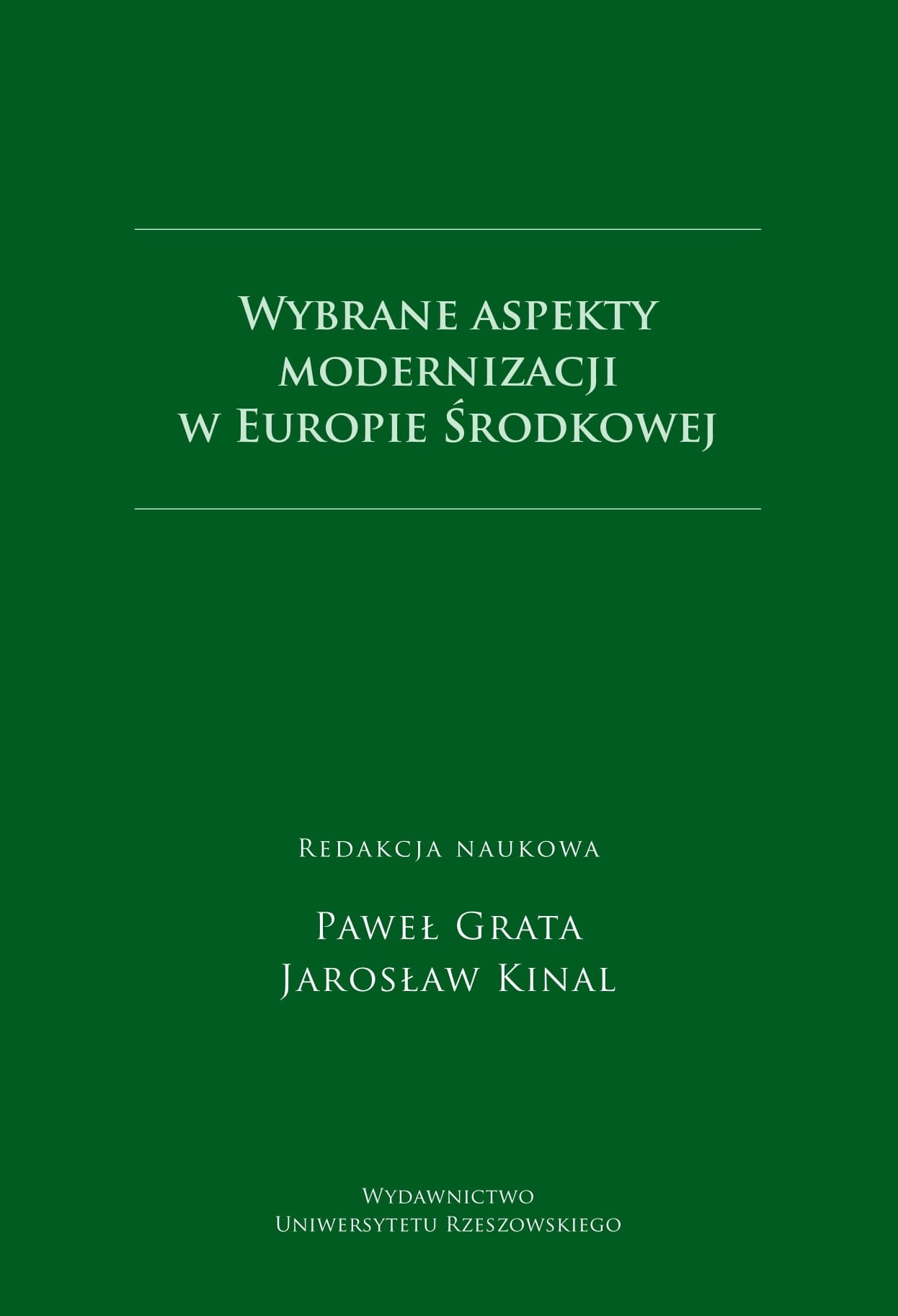
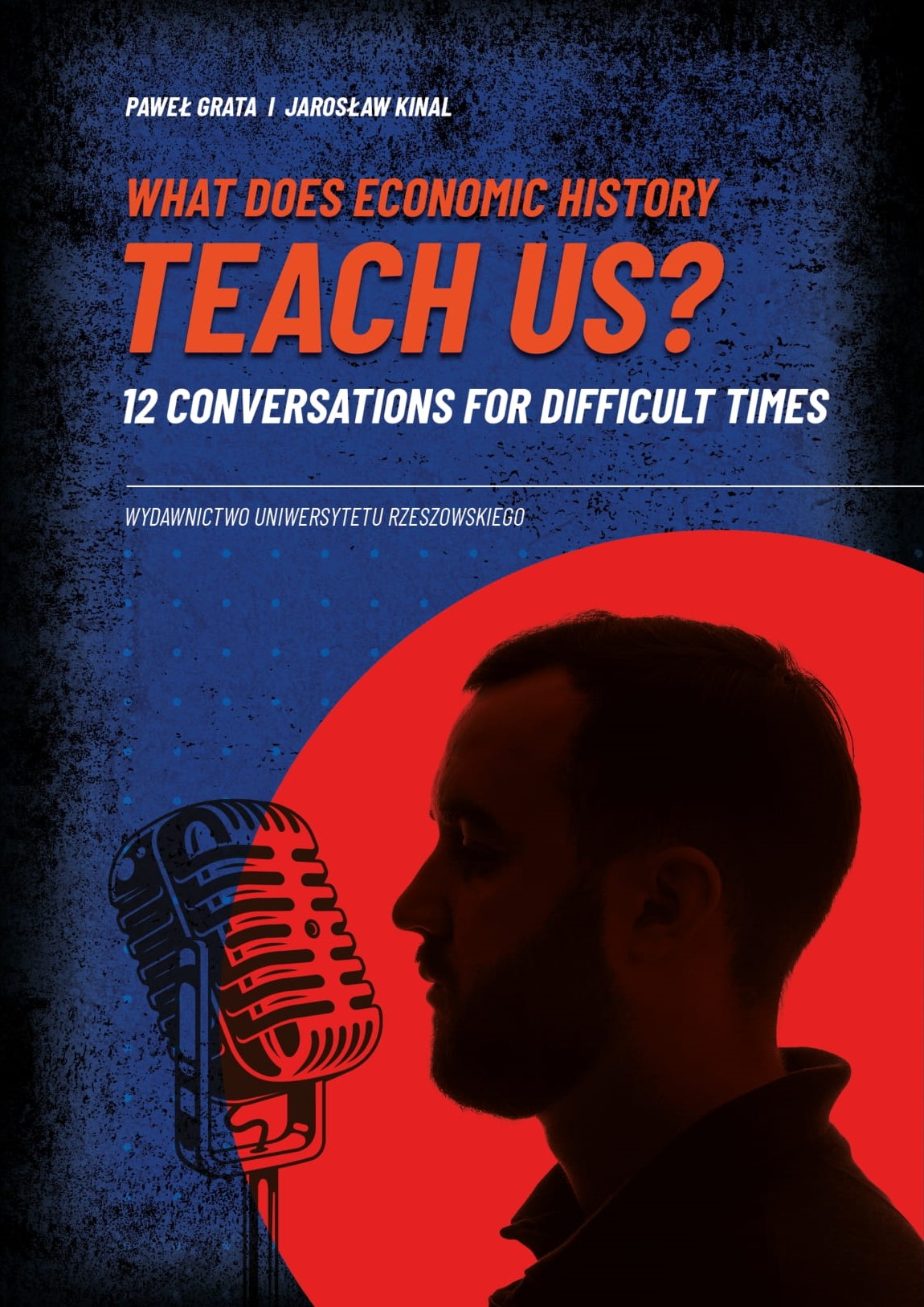

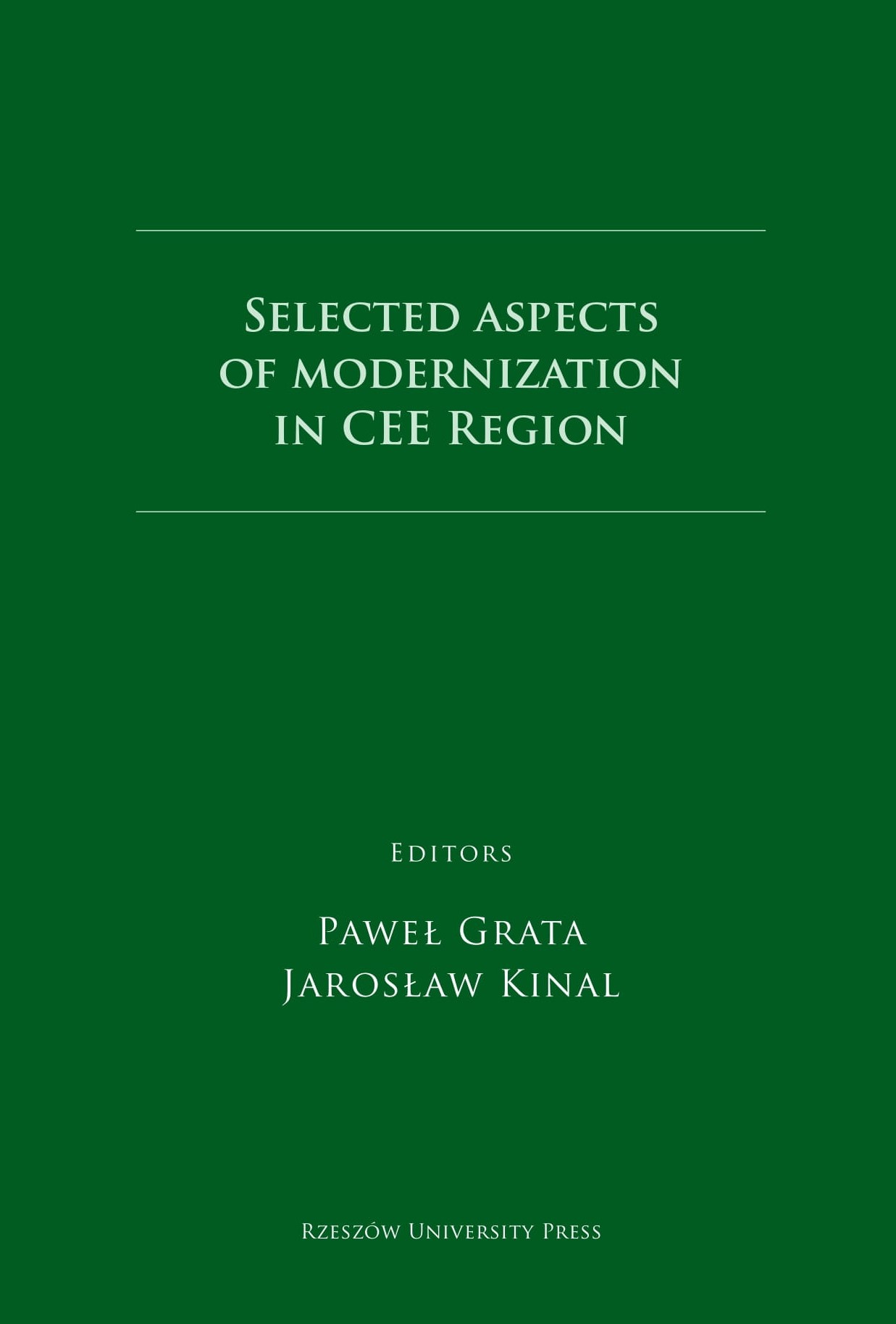
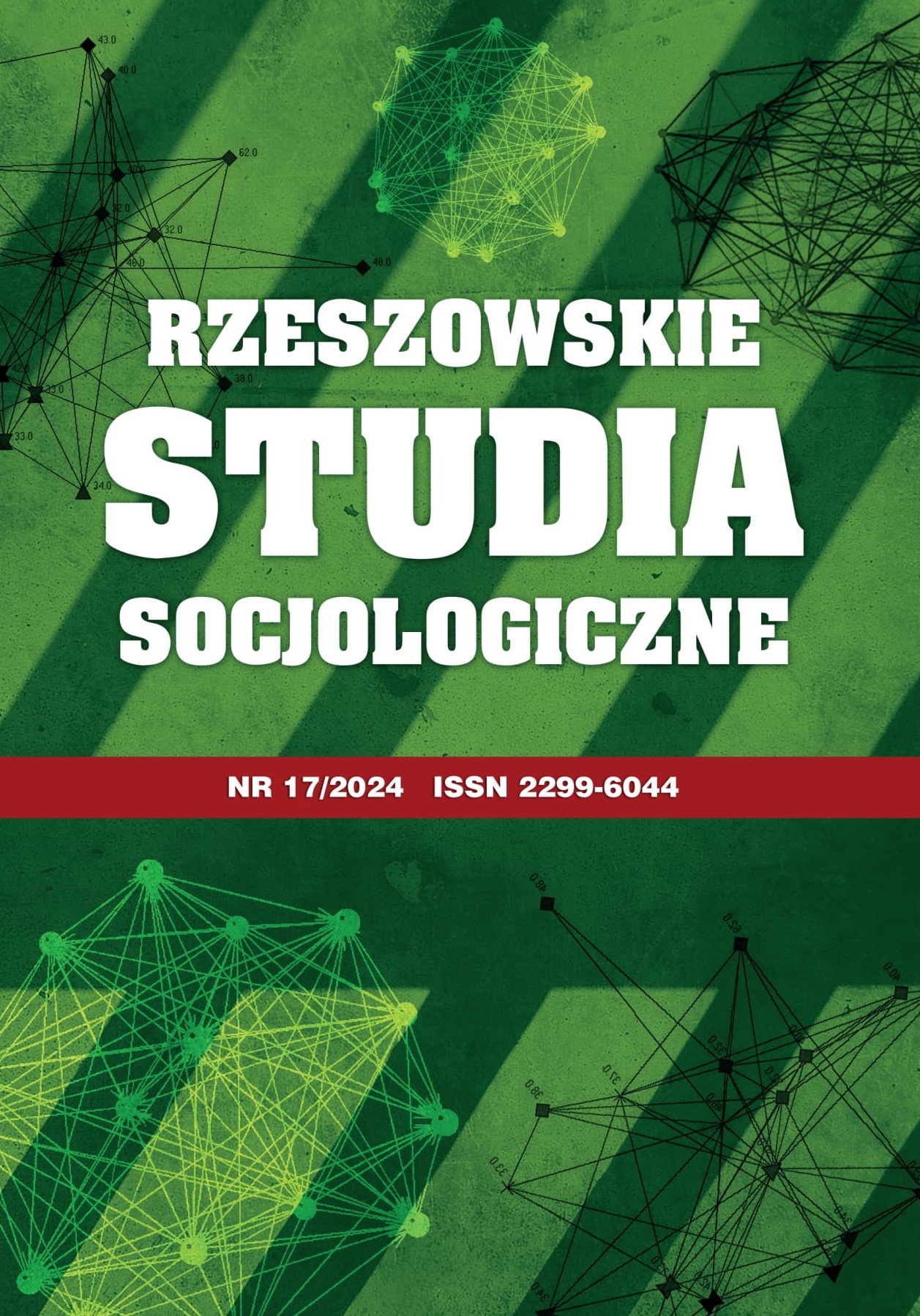

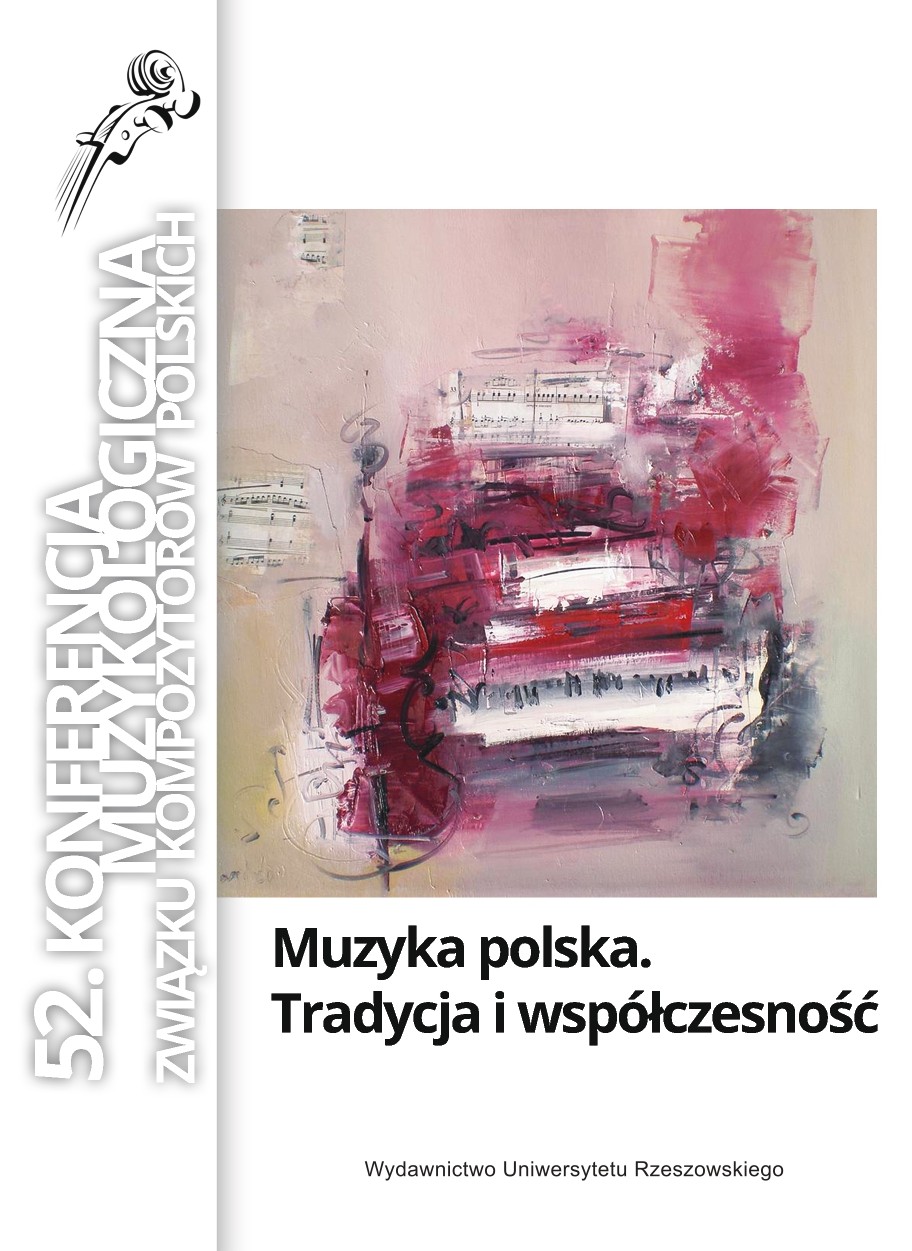

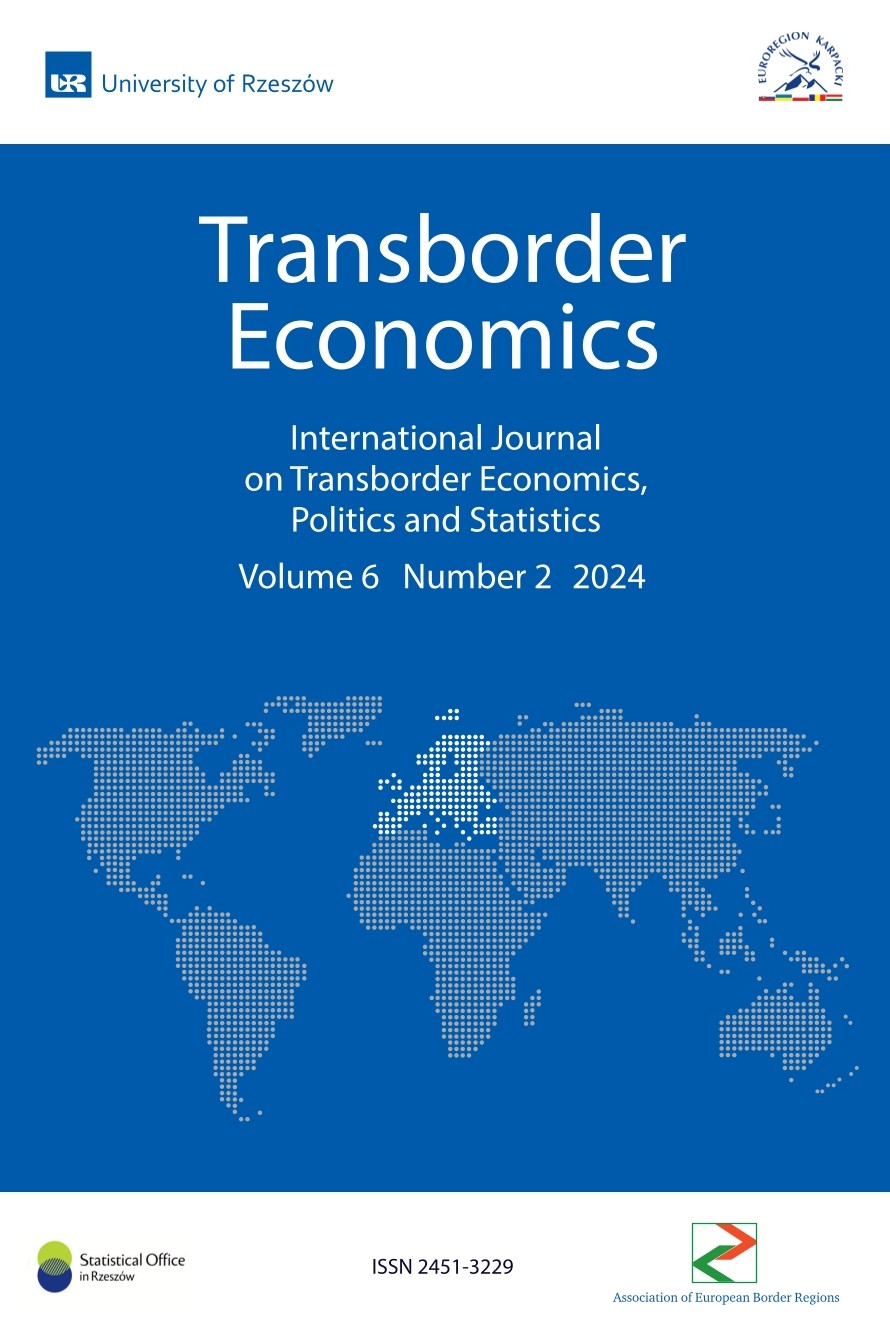

Copyright © 2025
wydawnictwo@ur.edu.pl
tel. 017 872 13 69 (Kolportaż)
tel. 017 872 14 37 (Dyrektor)
faks: 17 872 14 26
e-mail: wydawnictwo@ur.edu.pl
Adres:
ul. prof. St. Pigonia 6, 35-310 Rzeszów